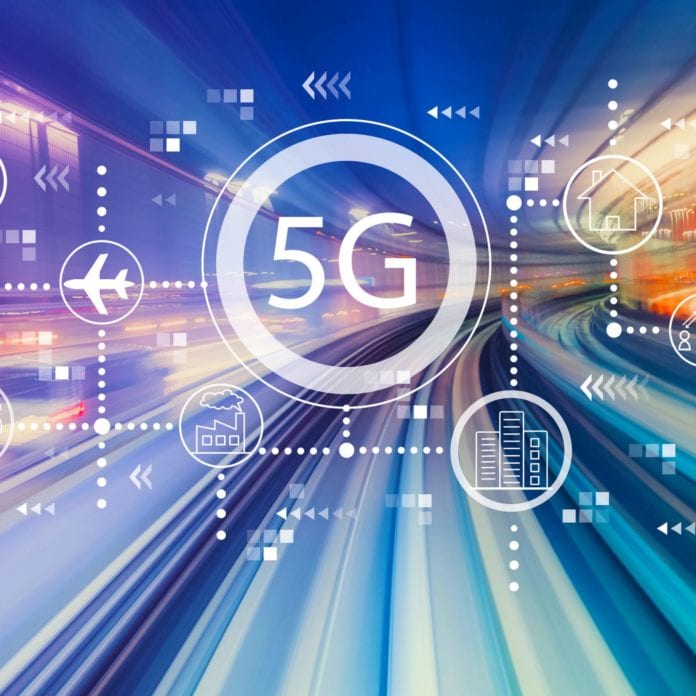South Korean operator KT added 360,000 5G subscribers in the first quarter of the year, the telco said in its earnings statement.
The carrier, which launched commercial 5G services in April 2019, ended Q1 with a total of 1.78 million 5G customers.
“Since the launch of KT’s 5G services, we are currently maintaining a much higher market share in 5G compared to the market share we have for the LTE handsets,” Kyung-Keun Yoon, KT’s CFO, said during a conference call with investors.
The executive also said that the company continues to maintain a very high ARPU for the new 5G subscribers.
“With the impact of COVID-19, we have seen a drop in the roaming revenue and also a slowdown in the growth of net additions. But we continue to see growth momentum in the 5G services. And in the second half, we also have a greater lineup of handsets available, and we will also anticipate that the growth rate of 5G subscribers will also pick up pace in the second half as well,” the executive said.
KT’s revenues from mobile services increased 2.2% to KRW1.63 trillion ($1.3 billion), while service revenue grew 1% year-on-year to KRW5.11 trillion.
Net profit declined 12.8% to KRW226.6 billion due to a lower contribution from subsidiaries, which were negatively affect by the impact of the COVID-19 pandemic.
The carrier total mobile subscriber base climbed 1.3% to 14.23 million, excluding MVNO customers and IoT connections.
Rival operator SK Telecom, South Korea’s largest telecom operator, ended the first quarter of the year with a total of 2.65 million subscribers in the 5G segment. At the end of last year, the telco had a total of 2.22 subscribers using its 5G service.
Also, 5G subscribers represented 9.4% of LG Uplus’ overall mobile subscriber base at the end of the first quarter. The carrier said that 5G subscribers amounted to 1.45 million at the end of Q1 2020, up 24.9% compared to the previous quarter.
The Korean government also said that local carriers had already deployed a total of 115,000 5G base stations across the country as of April.
The Korean government previously said that the country’s three major telecom carriers had agreed to invest KRW 4 trillion in their 5G networks during the first half of this year. Operators will heavily invest to install additional 5G equipment with the aim of expanding the coverage of current 5G networks across the country.
In June 2018, South Korea completed a tender process through which it awarded spectrum in both the 3.5 GHz and 28 GHz bands. The government made available a total of 280 megahertz in the 3.5 GHz spectrum band and 2,400 megahertz in the 28 GHz band. The spectrum was divided into 28 blocks and 24 blocks. The 3.5 GHz band licenses cover a ten-year period and the 28 GHz band licenses a five-year term.

